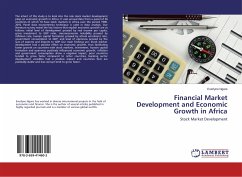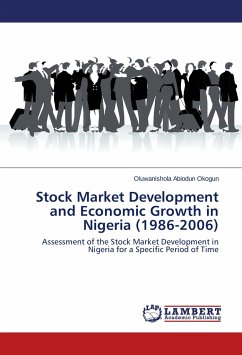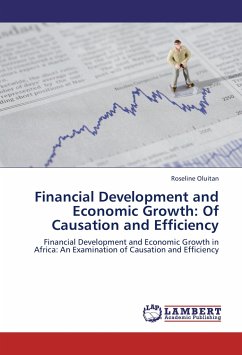The intent of this study is to look into the role stock market development plays on economic growth in Africa. It uses annual data from a panel of 36 countries of which 18 have stock markets in Africa over the period 1990-2010. Panel data econometrics technique is used in data analysis. Our literature survey reveal the key factors that explain economic growth are as follows: initial level of development proxied by real income per capita, gross investment to GDP ratio, macroeconomic instability proxied by inflation rate, human capital formation proxied by school enrolment rate, government consumption to GDP; and level of openness proxied by the sum of exports and imports to GDP. Our main findings are: Stock market development had a positive effect on economic growth, thus facilitating faster growth on countries with stock markets, Investment, human capital formation and openness positively influenced economic growth, inflation and government consumption show a negative impact, poor countries tended to grow faster compared to richer countries, banking sector development variables had a positive impact and countries that are politically stable and less corrupt tend to grow faster.
Bitte wählen Sie Ihr Anliegen aus.
Rechnungen
Retourenschein anfordern
Bestellstatus
Storno








